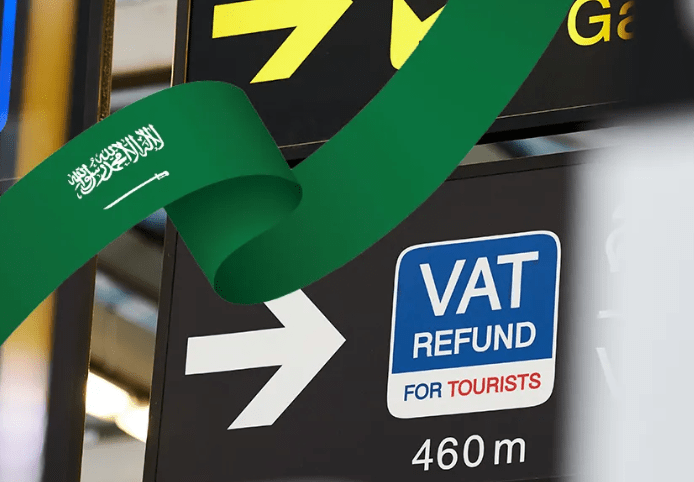Saudi Arabia’s Value Added Tax (VAT) refund policy continues to attract the attention of global travellers and foreign businesses, including Nigerian nationals and entrepreneurs operating within the Kingdom. The VAT system, introduced by the Saudi government in January 2018 at an initial rate of 5% and later increased to 15% in 2020, applies to most goods and services purchased within the country. However, under specific conditions, non-residents and eligible entities can recover part or all of the VAT paid during their stay or business operations.
For Nigerian travellers, particularly those visiting for religious pilgrimage, tourism, or business purposes, understanding the procedures for reclaiming VAT has become increasingly essential. The Saudi authorities, through the Zakat, Tax and Customs Authority (ZATCA), have established a framework that enables eligible non-residents to apply for refunds on VAT incurred on qualifying purchases. These include items like accommodation, transportation, electronics, clothing, and other consumer goods, provided they were bought from licensed retailers participating in the VAT refund scheme.
To qualify for the refund, travellers must make their purchases from shops that display the official VAT refund signage and ensure that receipts are scanned into the system before departure. Refund claims are typically processed at designated kiosks located in international airports such as King Abdulaziz International Airport in Jeddah, King Khalid International Airport in Riyadh, and King Fahd International Airport in Dammam. Travellers must present their original invoices, passport, boarding pass, and in some cases, the purchased items for inspection.
Refunds can be received either in cash, credited to an international payment card, or transferred through digital wallets, depending on the traveller’s preference and the available options at the airport. The process is overseen by a digital system connected to ZATCA, which ensures real-time verification of purchases and claims. However, VAT refunds are only applicable when the total spend meets a minimum threshold, which may be subject to periodic updates by the authorities.
For Nigerian companies operating in Saudi Arabia or engaging in cross-border transactions, the refund process is slightly more technical. Such entities must be non-resident, not VAT-registered in Saudi Arabia, and must not carry out taxable supplies within the Kingdom. They are required to submit a formal application through the ZATCA portal within six months after the end of the calendar year in which the expenses were incurred. Supporting documents, including original invoices, proof of payment, and a certificate of tax residency from Nigeria’s Federal Inland Revenue Service (FIRS), must be attached.
The Saudi VAT refund system aligns with international best practices and is part of broader reforms under Vision 2030 aimed at making the Kingdom more attractive to tourists and foreign investors. For Nigerians looking to maximise value from their spending in Saudi Arabia—whether for leisure, pilgrimage, or business—it is important to stay informed about VAT policies and refund eligibility. Failure to comply with documentation requirements or missing deadlines could result in forfeiture of legitimate claims.
As global travel resumes in full swing and bilateral ties between Nigeria and Saudi Arabia continue to grow, especially in trade and religious exchange, mastering the VAT refund system could save Nigerian travellers and businesses substantial costs. The ZATCA continues to update its platforms and systems, encouraging eligible individuals and organisations to explore the benefits embedded in its refund framework.
Ultimately, staying informed, keeping detailed receipts, and applying within the required timeframe are the key steps to successfully navigating VAT refunds in Saudi Arabia.

